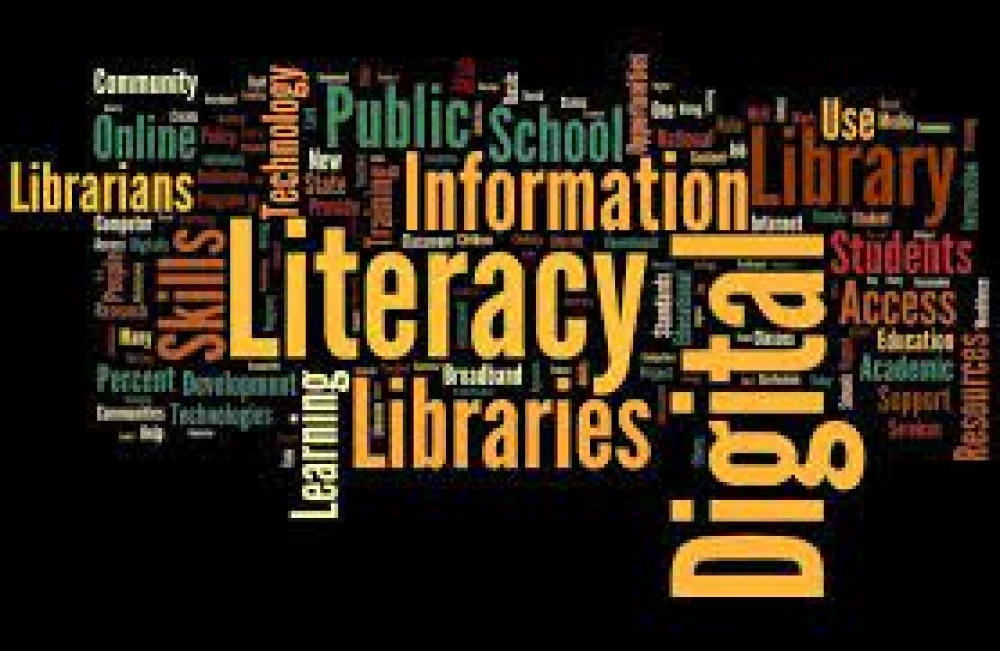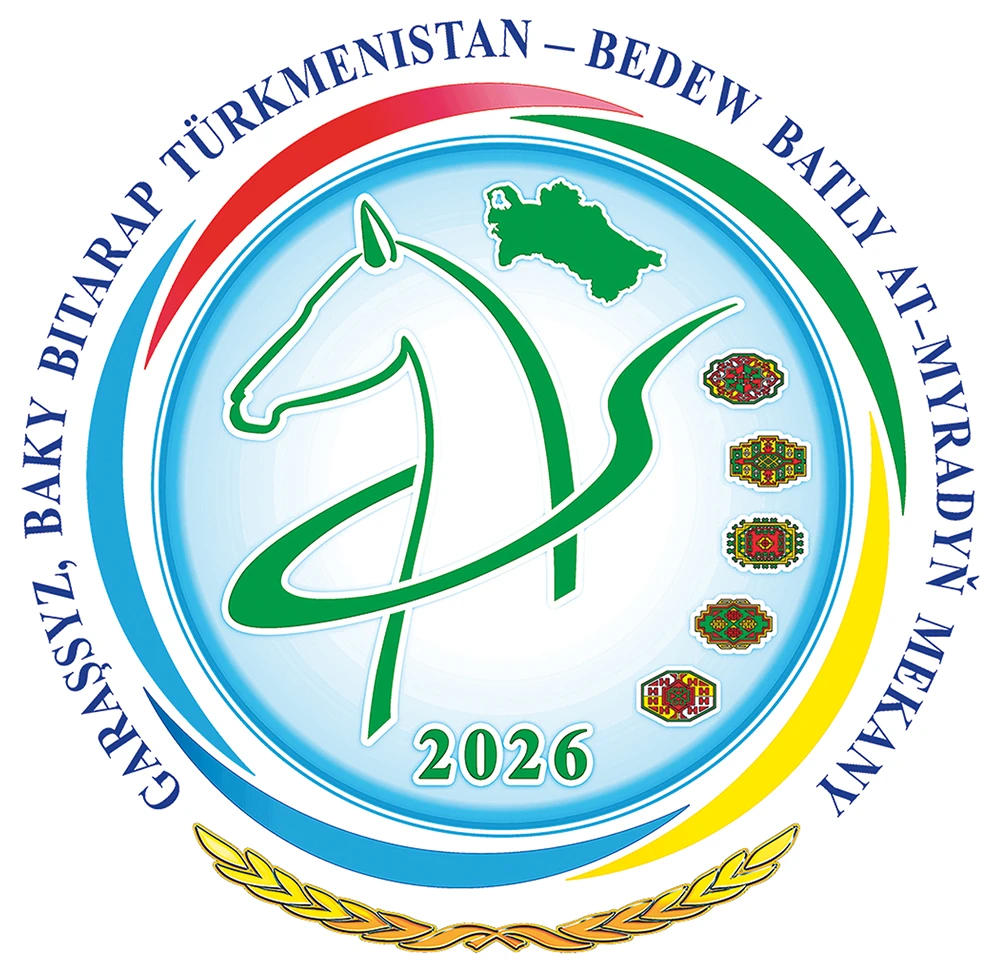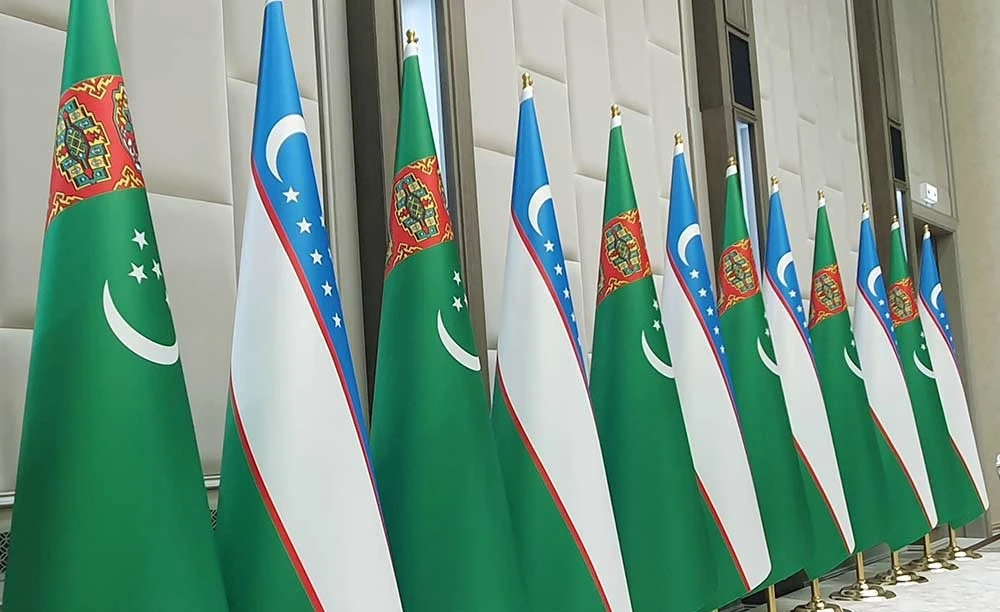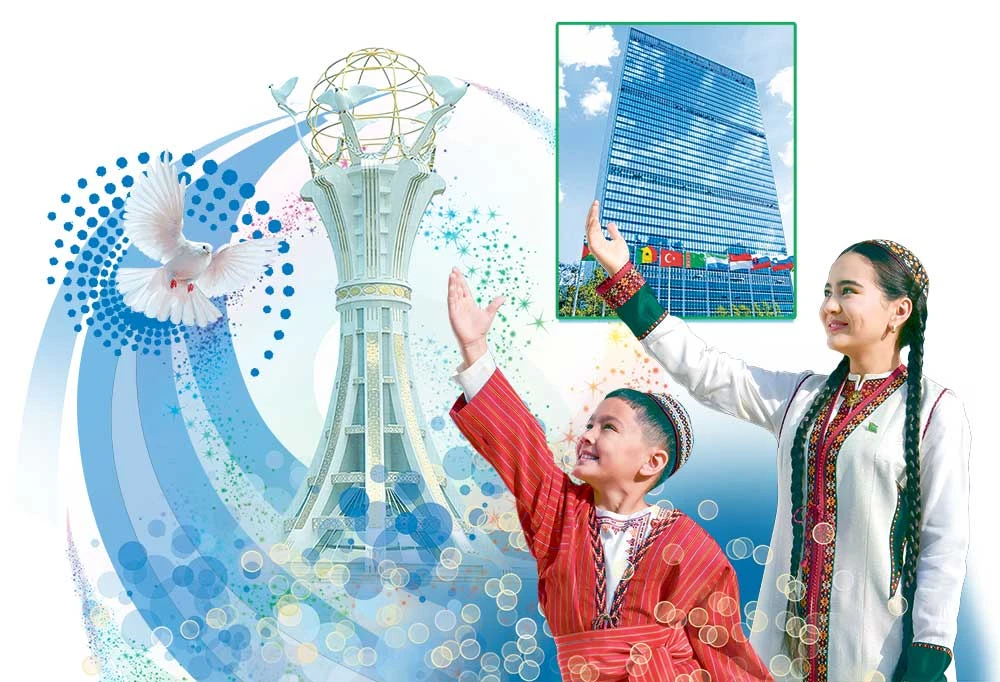
10/09/2024
1737
The Power and Importance of Literacy
On September 8, 1965, the World Education Ministers' Conference "Elimination of Illiteracy", held by UNESCO in Tehran proposed the declaration of an "International Literacy Day".
According to the source, the proposal for the establishment of International Literacy Day was endorsed by the 14th session of the General Conference of UNESCO, held on 26 October 1966. It was decided that this significant date would be celebrated on 8 September, the day of the conference at which the proposal was made. It was carried out with the aim of establishing the International Literacy Day. The celebration is based on Article 26 of the Universal Declaration of Human Rights, adopted by UNESCO on 10 December 1948:
‘Everyone has the right to education. Education should be free, at least in primary and general education. “Primary education should be compulsory education” is a holiday created for the implementation of the first part of the principle.
It should be noted that International Literacy Day was first celebrated on 8 September 1867. Every year since then, 8 September has been celebrated around the world as International Literacy Day.
Currently, various activities are being carried out to eliminate illiteracy in the world. Reducing the illiteracy of the population, especially improving the literacy of young people is one of the main activities in the world. One of the Sustainable Development Goals of the United Nations until 2030 is called ‘Quality Education’.
Let’s define what literacy means. Literacy traditionally refers to the ability to read and write, but in modern times, it also includes digital and functional literacy. Literacy enables individuals to access knowledge and education, opening up opportunities for personal growth. Nowadays, with the development of technology, digital literacy is becoming increasingly important. Being literate helps people communicate effectively, express their thoughts and ideas, and involve the community.
It is well known that literacy should not be limited to early education. Lifelong learning enables people to adapt to changing job markets and technological advancements.
In addition, improving of the education system is one of the priorities in our country. Great efforts are being made in our country to educate a young generation with a scientific and healthy spirit. Every year, children entering the 1st grade receive special computer gifts on behalf of our Honourable President. Modern innovative technologies have been provided to improve the quality of education in secondary, vocational and higher education institutions of Turkmenistan.
Teaching digital education with the help of digital technologies helps to train skilled professionals in the future. In fact, we are living in the age of science and technology. The progress of the country is based on the modern development of education. Speaking about science and education, several significant examples are presented in the book of our Hero Arkadag ‘Traditions of Turkmen statehood’. As our Hero Arkadag noted that science is efficiency, education is practice. Education is a flashlight which goes to the science; there is convinced reality and kindness of events. Such features as conscientiousness, justice, keeping a promise, faithfulness, bravery, honesty, patience, courage are the wealth which can open person’s heart.
The motto of 2024, “The Fount of Wisdom -Magtymguly Fragi” inspires all Turkmen people to follow the path of realizing the great goals of our Esteemed President through creative work and work faithfully for the bright future as well as to achieve high goals and increase our national pride in our Independent Motherland.
In this regard, it is necessary to constantly improve the knowledge of young generation, broaden their horizons and worldview, cultivate interest and desire for knowledge, education. These are the most important conditions that ensure the development of society and determine the future destiny of the Fatherland and the people, and our happy future.
Chemen Bayrieva,
Senior lecturer of the Institute of International Relations of the
Ministry of Foreign Affairs of Turkmenistan.


